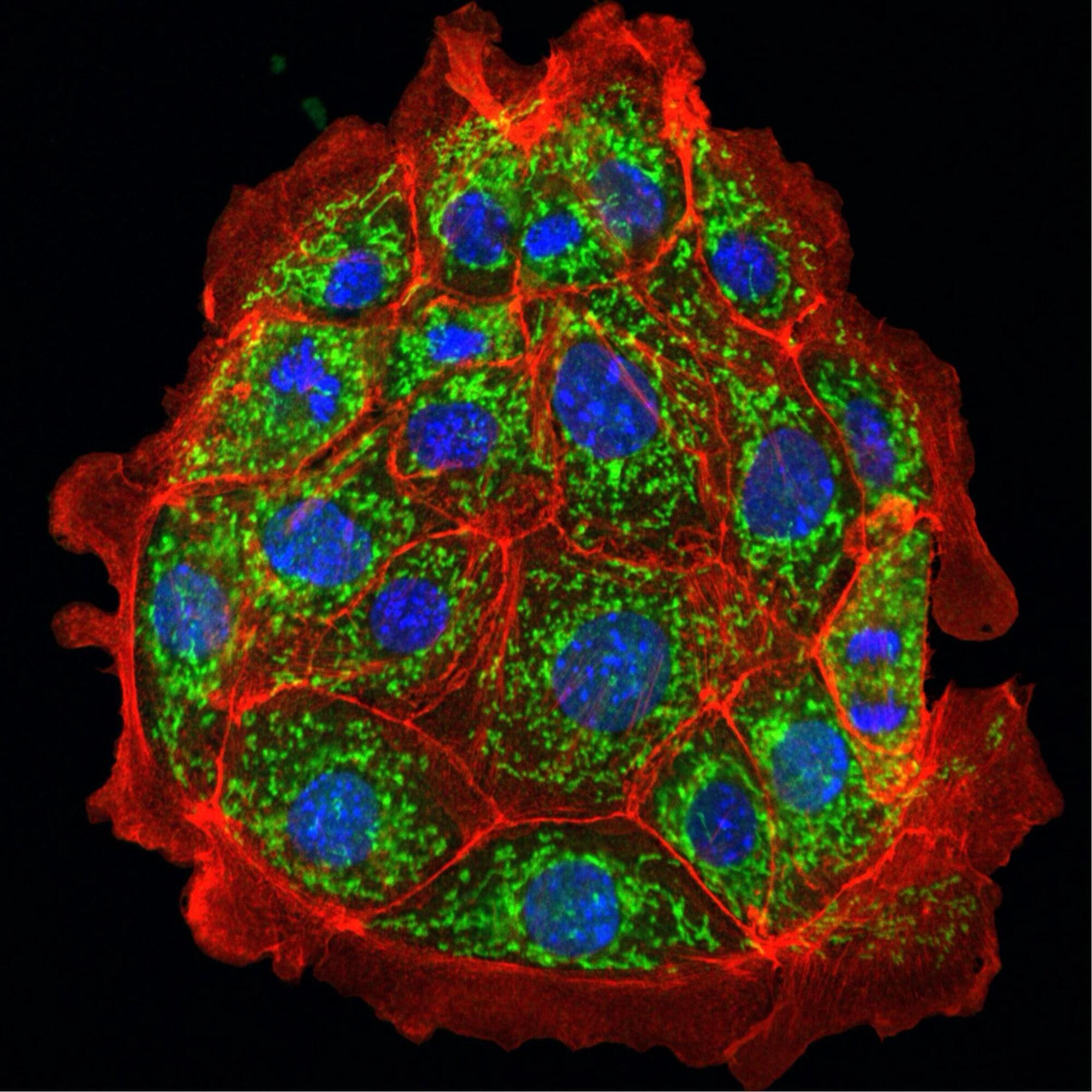Serious damage to short-term kidney function—known as acute kidney injury, or AKI—can be fatal and also increase the risk of irreversible chronic kidney disease. It can be triggered by stressors ranging from sepsis to heart surgery, and it affects more than half of ICU patients. There are currently no drugs to treat AKI.
Now, researchers at University of Utah Health (U of U Health) have found that AKI is triggered by fatty molecules called ceramides, which cause serious injury by damaging kidney mitochondria. Using a backup drug candidate that changes ceramide metabolism, the team was able to preserve mitochondrial integrity and prevent kidney injury in mice.
“We completely reversed the pathology of acute kidney injury by inactivating ceramides,” says Scott Summers, Ph.D., distinguished professor and Chair of the Department of Nutrition and Integrative Physiology in the University of Utah College of Health and senior author on a paper describing the results.
